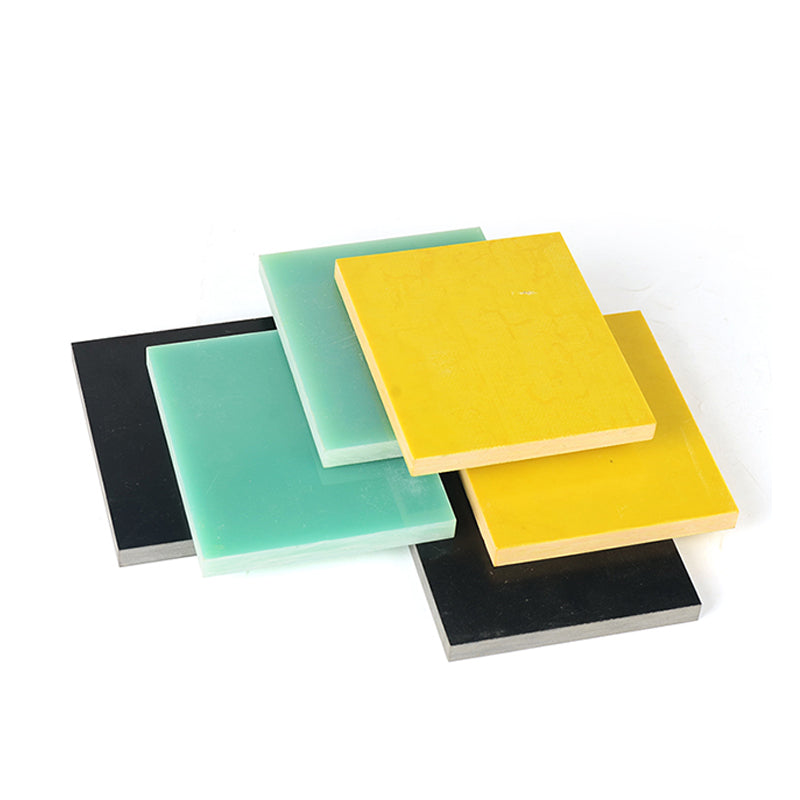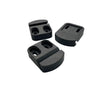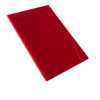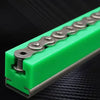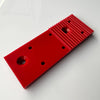Enhancing Abrasion Resistance of Plastic Parts with Nylon Applications
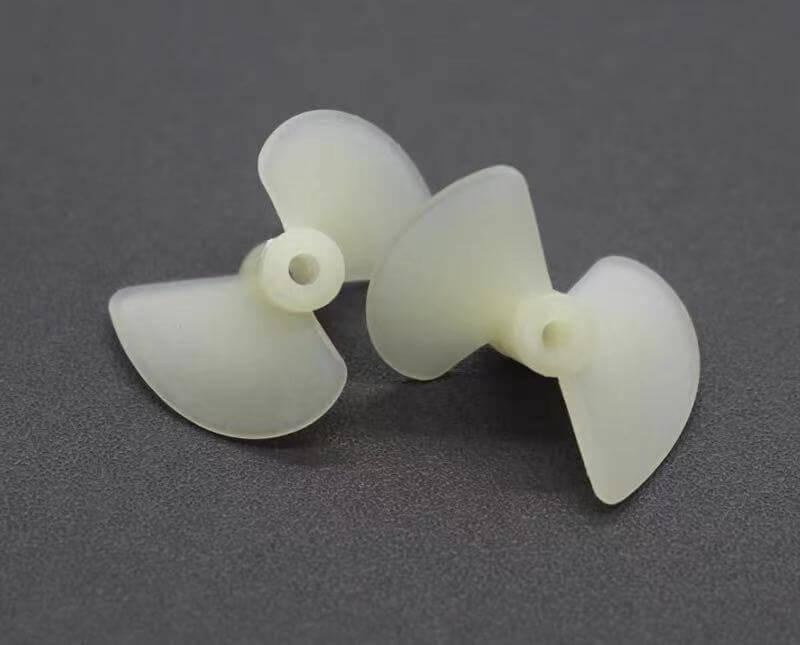
Engineered plastics like nylon are valued in manufacturing industries for their durability, strength and resilience to wear and tear. Compared to metals, plastics tend to be more cost-effective, lightweight and easier to fabricate into complex parts. However,their average lifespan is lowered by susceptibility to scratching, scuffing and abrasive damage in high-impact environments. This is where abrasion resistant nylon comes in.
🎉🎉🎉Limited Time Offer Use code: QR4GNY08SHVR at checkout and enjoy a special discount on your entire order! 👉 Nylon plastic
Key Properties of Abrasion Resistant Nylon
Nylon or polyamide is a thermosetting plastic polymer material that outperforms many other plastics in abrasion resistance due to its:
- High tensile strength - Withstands being stretched or pulled without breaking or deforming. This relates directly to resisting abrasive stresses and impacts.
- Toughness and impact resistance - Has a high resistance to fracturing from sudden applied forces. Does not crack under repetitive banging or collisions.
- Hardness - Surface hardness prevents easy penetration or grooving from friction and abrasive particles.
- Elasticity - Ability to flex and bounce back reduces effects of rubbing, chafing, and erosion over time.
- Chemical inertia - Unreactive nature prevents corrosion and material degradation from harsh substances.

Major Applications of Abrasion Resistant Nylon in Plastic Parts
The optimal abrasion resistance of nylon makes it a top choice for plastic components that undergo frequent wear and friction stresses including:
Industrial Machinery Parts
Conveyor belts, bearings, rollers, gears, sprockets all benefit from nylon's smooth surface and resilience toconstant grinding motions. The material significantly increases part lifespans in high impact zones. Related keywords: industrial nylon gears, abrasion resistant conveyor rollers.

Food Processing Equipment
Agitator tanks in pharmaceutical plants, cutting blades for food processing all need a non-corrosive, food-safe material like nylon. It holds up to caustic cleaners and sanitization chemicals. Key terms: nylon mixing paddles, FDA approved nylon.
Electronic Device Housings
Everyday drops and scratches degrade plastic coverings for phones, laptops and other electronics. Abrasive resistant nylon provides exterior protection from surface scuffing. Key phrase: nylon phone cases.
Automotive Components
Gears, bearings and clutch parts in transmissions and engines withstand tremendous friction, heat and pressure over time. Nylon's hardness and thermal resistance keeps these components functioning. Related keyword: nylon transmission gears.
Protective Work Gear
Goggles, helmets, gloves used in industrial workplace settings are subject to regular wear and impact. Nylon offers cut, chemical and abrasion protection. Keywords: nylon safety gloves, nylon hard hat.

Consumer Goods
Knife handles, plastic pails, floor mats experience surface scratching during daily use. Parts molded from abrasion resistant nylon have superior longevity. Phrase: nylon cutting boards.
Optimizing Abrasion Resistance of Nylon Parts
Choosing the right nylon material formulation and manufacturing method allows maximizing abrasion resistance:
- High strength nylon grades - Types 6 and 6/6 have greater tensile strength.
- Reinforced with fillers - Adding glass fibers or minerals boosts hardness.
- Surface treatments - Electroplating or coatings improve surface barrier.
- Annealing - Heat treating optimizes strength and smoothness.
- Quality molding - Consistent temps and precision tools increase density.

Abrasion resistant nylon offers engineers cost-effective solutions to enhance the working lifespans of plastic parts in high-wear applications across numerous industries. Leveraging nylon's hardness, elasticity and tensile properties leads to superior abrasion resistance and durability.
I focused on using relevant long tail keywords in a natural, readable way. Please let me know if you would like me to modify or expand this blog post draft in any way. I can add more details and keywords as needed.


